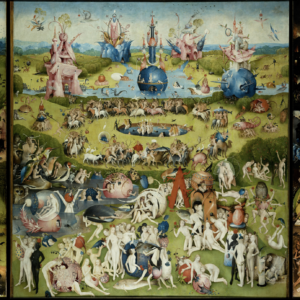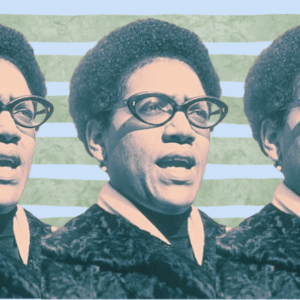
Remembering Robert Stone: Joyce Carol Oates
In the tradition of Melville, Hawthorne, Dreiser, Dos Passos, and Hemingway
Robert Stone is a great American writer in the tradition of Melville, Hawthorne, Dreiser, Dos Passos, Hemingway; his fiction suggests, in its dramatic ambiguities, the moral concerns of Joseph Conrad and Graham Greene. Everything Bob wrote—virtually every sentence—is beautifully modulated. A Flag for Sunrise (my favorite of his novels), Dog Soldiers, Damascus Gate, Outerbridge Reach—the wonderful memoir Prime Green: Remembering the Sixties—such masterfully crafted stories as “Helping” and “Bear and His Daughter”—each is uniquely Bob Stone, suffused with his inimitable blend of unsparing candor and wild, unpredictable humor. For all the gravity of his subjects, Bob Stone was a truly funny person, a born storyteller, sometimes of riotous tall tales. He was a beacon of clarity who took us to dark places but did not abandon us there. It is so hard to believe that he has left us. He will be terribly missed.
Tobias Wolff · Ann Beattie · Annie Dillard ·
Bill Barich · Tom Grimes · Phyllis Rose · Joy Williams · Ken Babbs ·
Tom Jenks · Edward Hower · Kem Nunn · Ed McClanahan ·
Elena Castedo · Robert D. Richardson · Hal Crowther · Carol Edgarian
Joyce Carol Oates
Joyce Carol Oates is a recipient of the National Medal of Humanities, the National Book Critics Circle Ivan Sandrof Lifetime Achievement Award, the L.A. Times Book Prize, the National Book Award, and the PEN/Malamud Award for Excellence in Short Fiction. She has written some of the most enduring fiction of our time, including the national bestsellers We Were the Mulvaneys; Blonde, which was nominated for the National Book Award; and the New York Times bestseller The Falls, which won the 2005 Prix Femina. She is the Roger S. Berlind Distinguished Professor of the Humanities at Princeton University and has been a member of the American Academy of Arts and Letters since 1978.



















